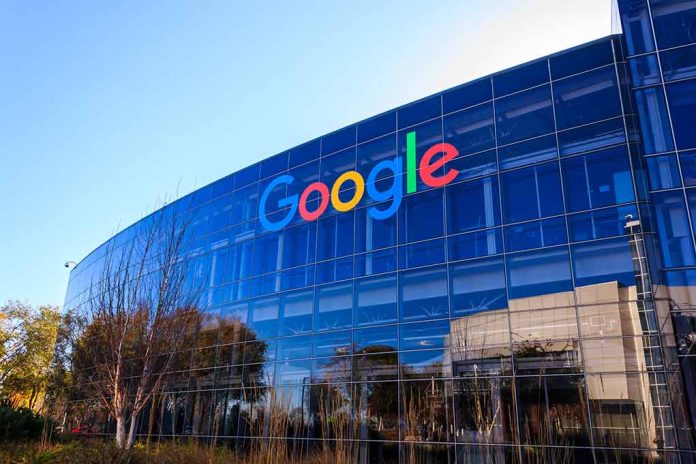
Antitrust probes scrutinize Google’s hold on the search market, proposing transformative measures for fair competition.
At a Glance
- DOJ seeks to dismantle Google’s monopoly by suggesting divestment of Chrome.
- Google’s exclusive agreements with Apple and Samsung under scrutiny.
- Judge Amit Mehta confirmed Google’s search monopoly in August.
- Legal experts predict changes rather than a breakup of Google.
DOJ’s Antitrust Battle Against Google
The Department of Justice (DOJ) is challenging Google’s dominance in the search market with proposals that could transform digital competition. The case, overseen by Judge Amit Mehta, seeks to break Google’s monopoly by advocating the divestment of its Chrome browser and restricting exclusionary agreements with major companies like Apple and Samsung. The DOJ’s plan is designed to foster more accessible competition in online search services, thus reshaping the industry landscape.
The government alleges that Google’s control over Chrome, launched in 2008, plays a crucial role in targeting ads and maintaining its search industry dominance. The DOJ proposes significant measures, asserting that enforced divestiture would dismantle Google’s stronghold and level the playing field for competitor search engines.
DOJ asks judge to force Google to sell Chrome as remedy in landmark antitrust case https://t.co/SB5sWnKzrw
— Business Insider (@BusinessInsider) November 21, 2024
Proposals Under Challenge
The DOJ requested further action against Google’s exclusive agreements and its push for maintaining a competitive environment. Google’s partnerships with Apple, particularly in making its search the default on iPhones, are central to these decisions. Critics argue these actions have unfairly bolstered Google’s market control at the expense of healthier competition.
“The playing field is not level because of Google’s conduct, and Google’s quality reflects the ill-gotten gains of an advantage illegally acquired. The remedy must close this gap and deprive Google of these advantages,” states the Department of Justice filing.
Judge Mehta’s recent ruling acknowledged Google’s monopoly, enhancing the DOJ’s case. Nonetheless, experts foresee delays as Google intends to appeal, with further legal interpretations likely to evolve under a new presidential administration.
Future Implications and Industry Impact
Antitrust experts suggest this approach might not prompt a massive breakup, but could facilitate critical changes in Google’s operations. It is possible that the DOJ could turn its focus to Google’s ownership of Android if the other solutions it proposes fail. The U.S. aims to invigorate online competition by ending harmful agreements while also ensuring smaller rivals can access Google’s services at realistic costs.
“DOJ chose to push a radical interventionist agenda that would harm Americans and America’s global technology leadership. DOJ’s wildly overbroad proposal goes miles beyond the Court’s decision. It would break a range of Google products — even beyond Search — that people love and find helpful in their everyday lives,” Google said in a blog shortly after the decision.
This antitrust battle, the most aggressive against a tech entity since Microsoft in 2001, underscores the complexity of balancing corporate power and fair competition. The final verdict could usher in meaningful reforms during an era increasingly defined by digital ecosystems and technological hegemony.









